Octavia Community
Year 6

Octavia Community
Year 6
Dear parents and carers,
We are so excited to kick off this amazing new school year with all of you! Whether you’re coming back or joining us for the first time, we are ready for a year full of learning, growth, and unforgettable moments.
In year 6, you’ll discover new subjects, dive into interesting projects, and work together as a team. We believe in every one of our students and can’t wait to see how they shine this year! Remember, the journey ahead is about learning, making connections, and challenging yourself to be the best version of YOU.
Let’s make this school year an incredible adventure!
Here’s to a fantastic.
We would also like to congratulate the following students on being elected captains, representing their school and their sports house. Well done!
School Captains:
Anika -6A
Adhish - 6C
Ameerah - 6E
Mehak - 6A
House Captains - Red:
Prabhveer -6D
Bhuvi - 6C
House Captain - Blue:
Samyra - 6D
Ishaan - 6D
House Captain - Yellow:
Levi - 6D
Kavleen - 6D
House Captain - Green:
Oscar - 6B-
Maryana - 6B
Grade 6 Teachers,
Annalisa, Ayla, Buket, Donna, Scott
In reading the focus this term is looking at four main areas:
By practicing these skills, students will become better at understanding and enjoying different types of texts!
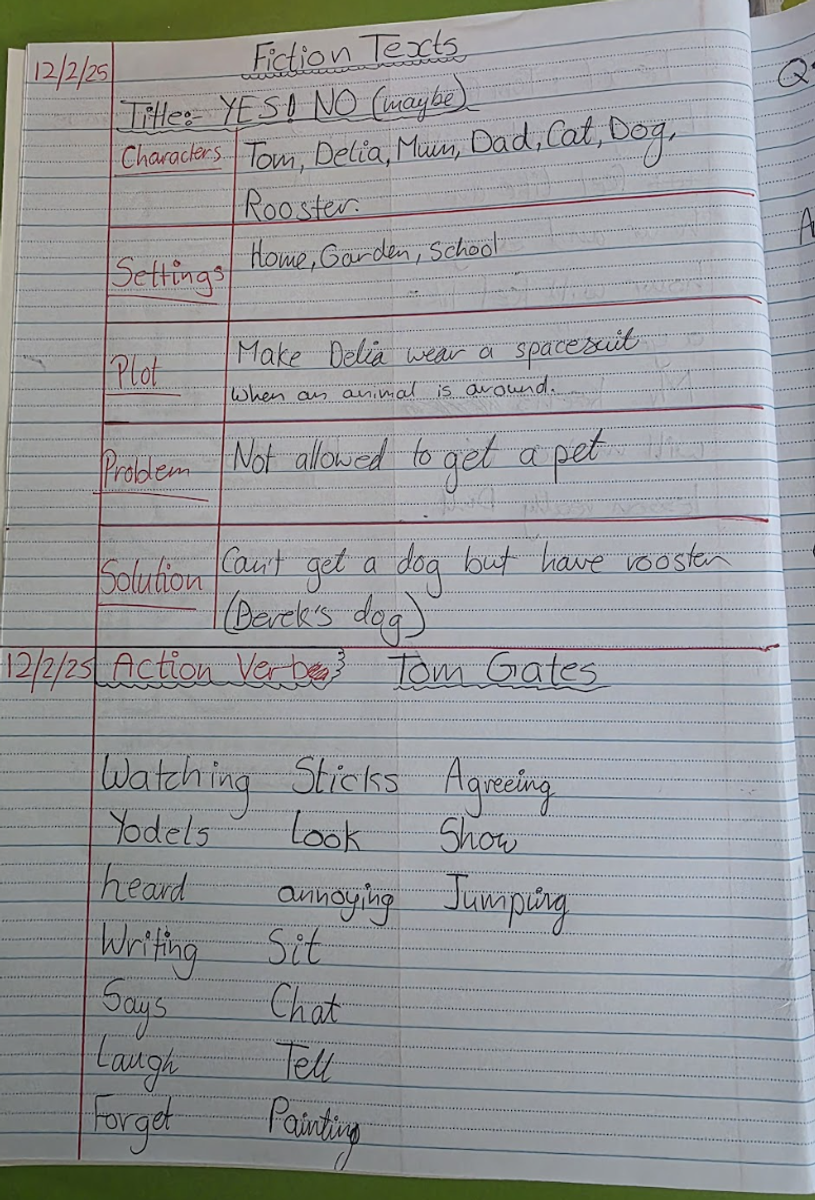
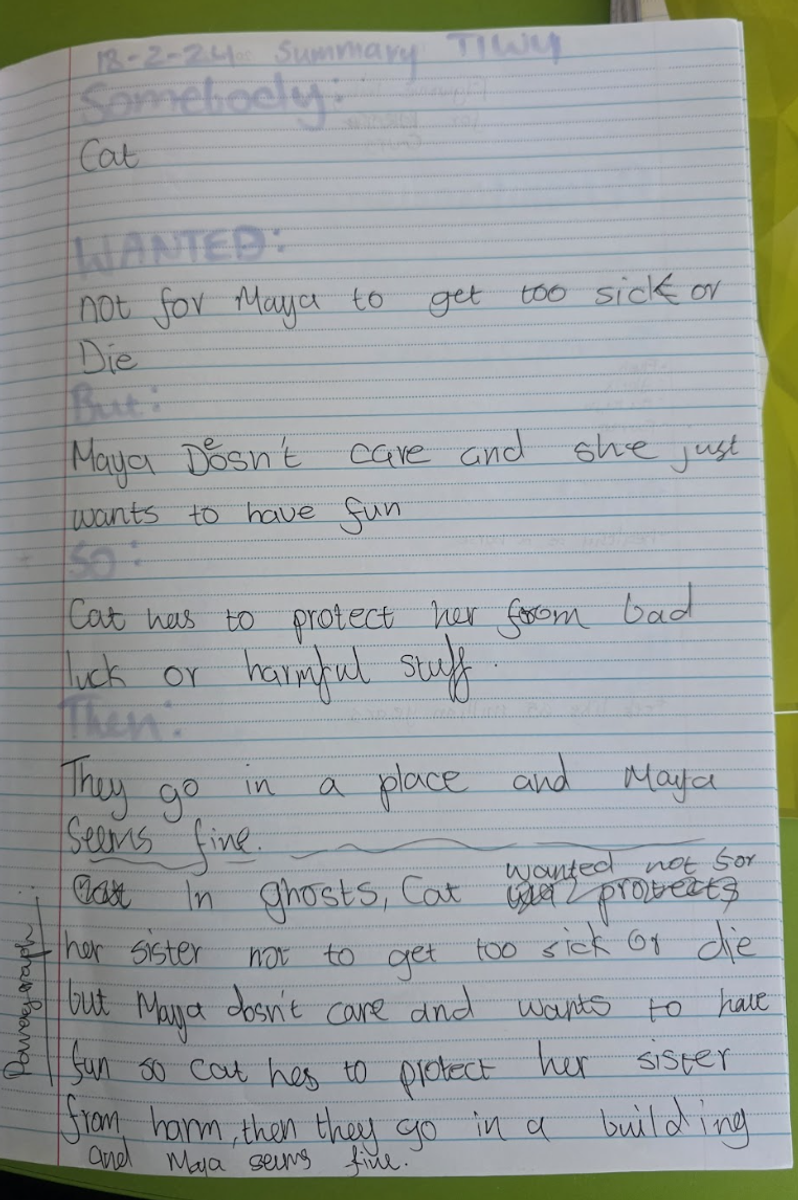
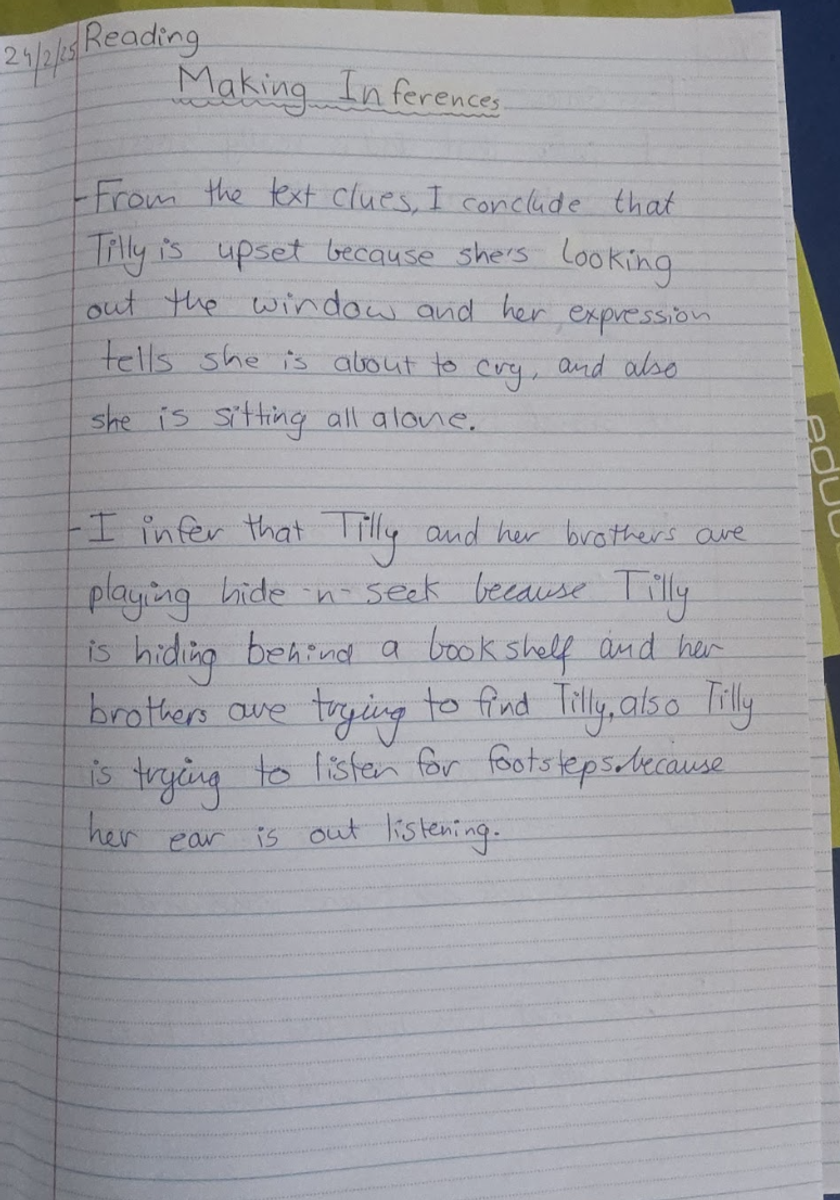
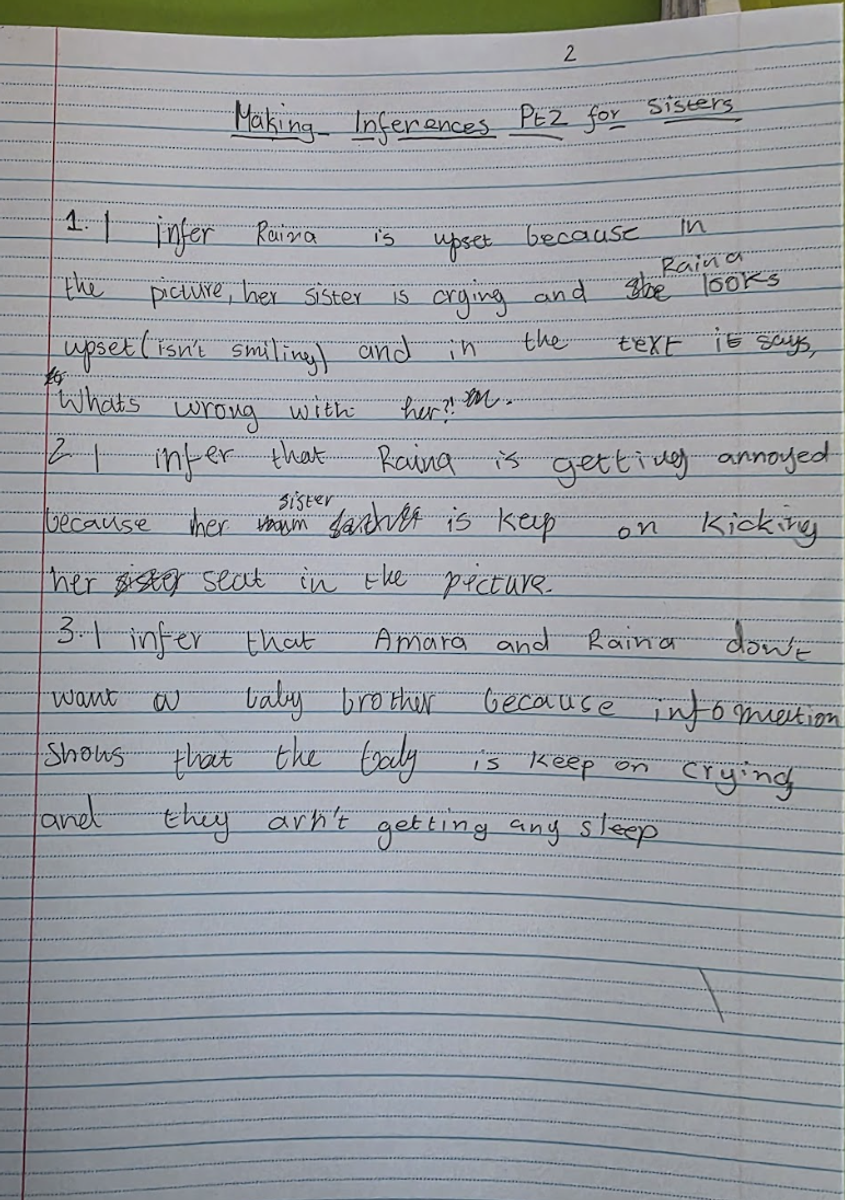




In Writing students have explored how to write a captivating and exciting narrative for their readers. They have been learning about figurative language such as similes and metaphors, using words other than ‘said’ such as whimpered and demanded, the rules of dialogue, and how to hook the reader using narrative starters such as onomatopoeia, vivid descriptions and flashbacks. Students were introduced to the rule of ‘But’ and ‘Therefore’ when writing their problem, to encourage them to remove the words ‘and then’ from their narrative and replace these words with ‘but’ and ‘therefore’. Students have enjoyed drafting and publishing narratives about topics that interest and excite them.
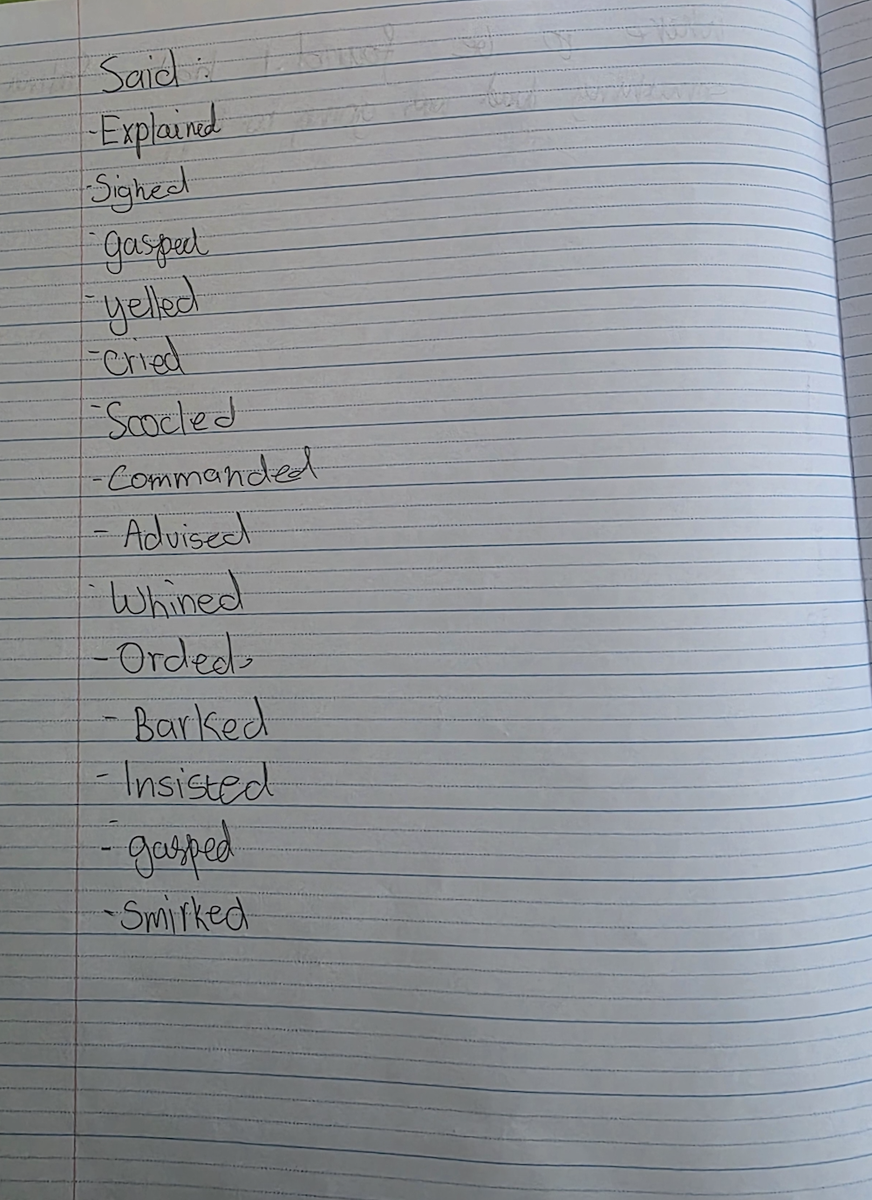
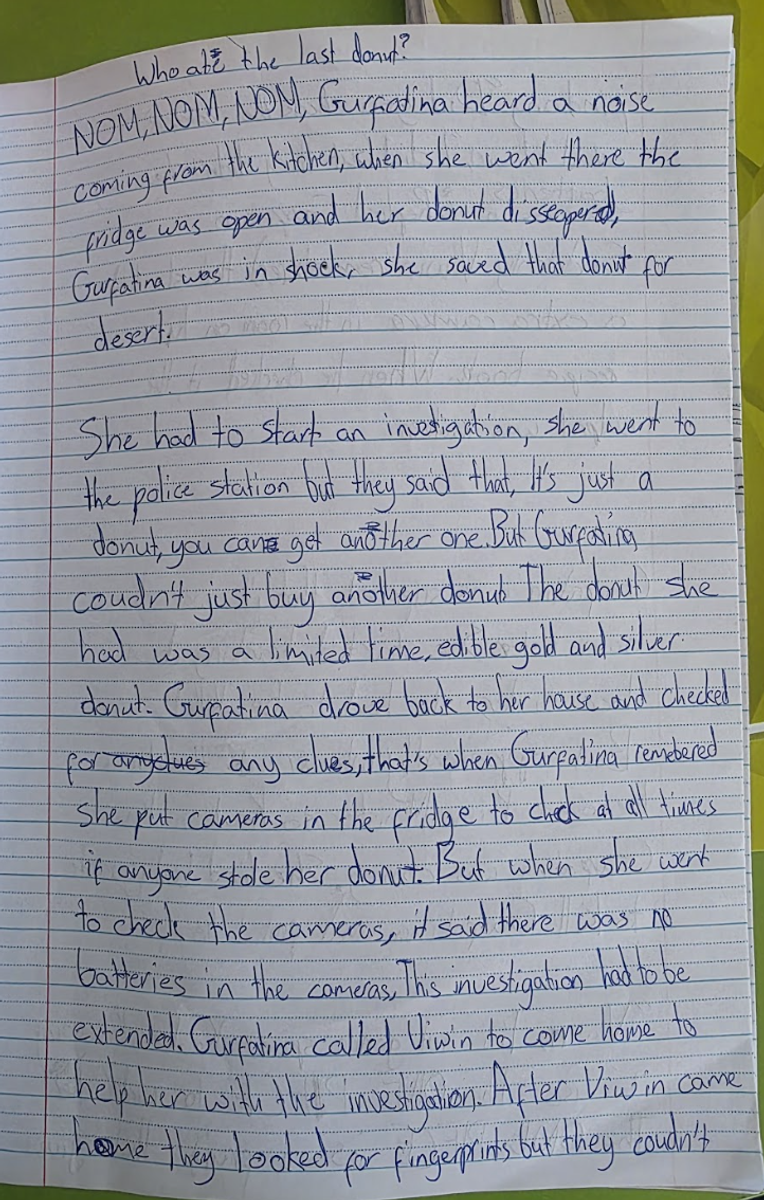
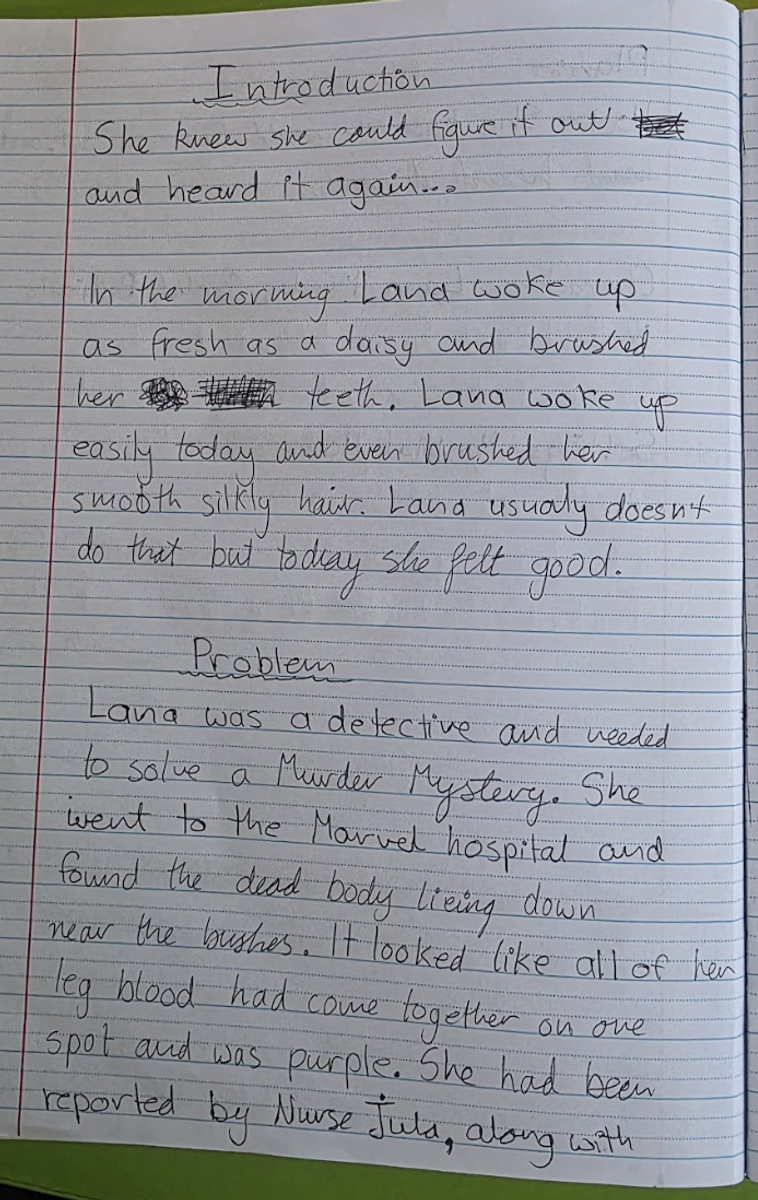
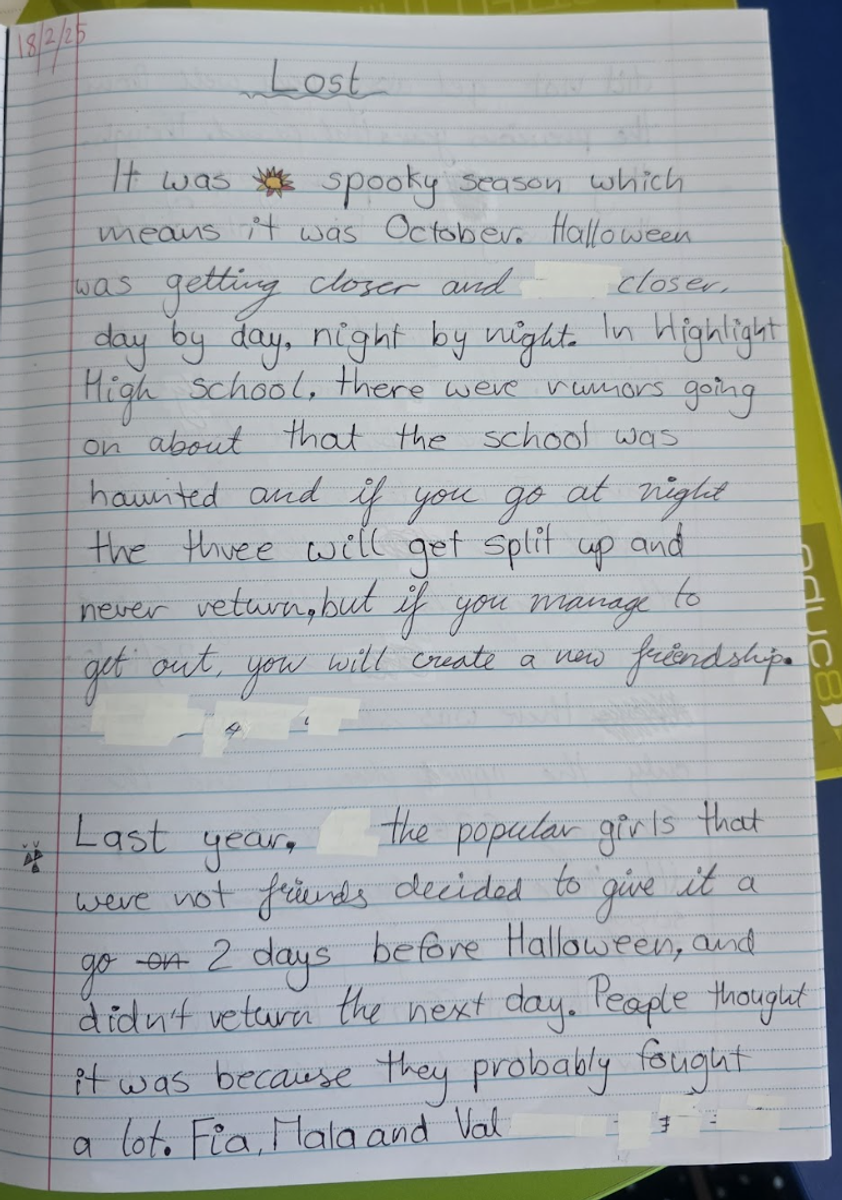
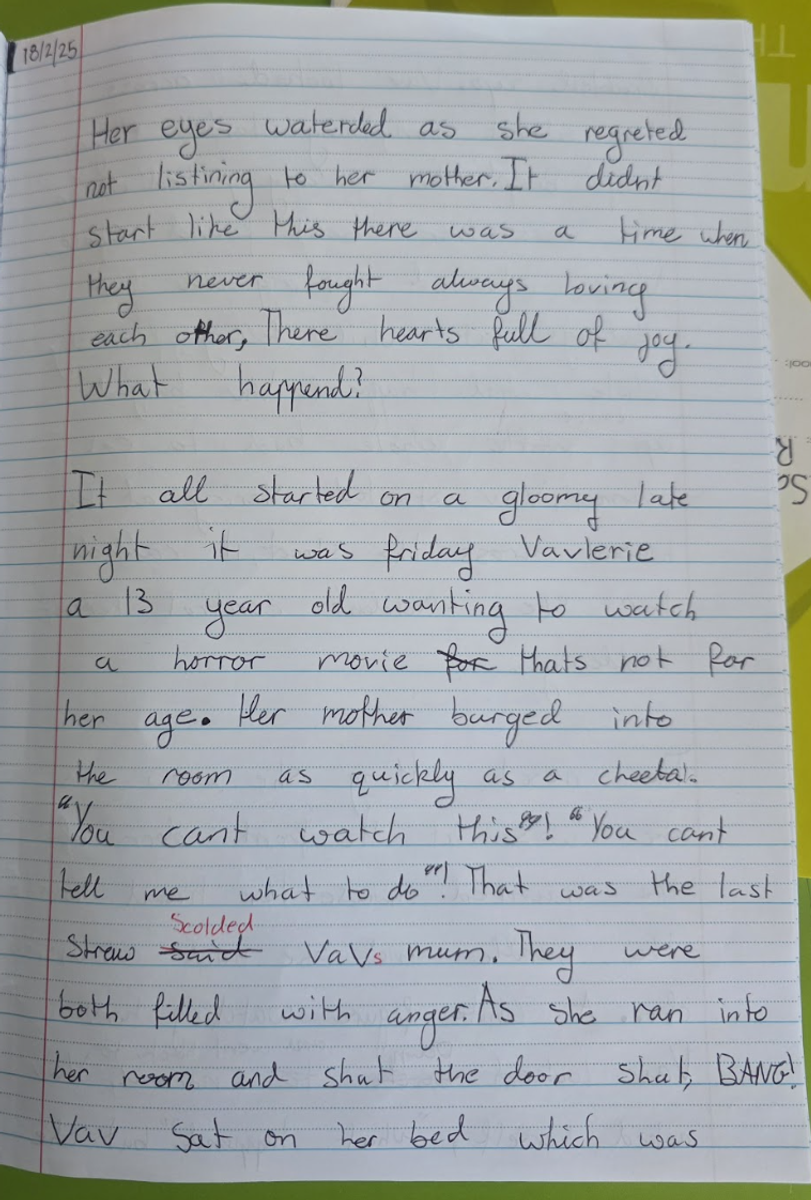
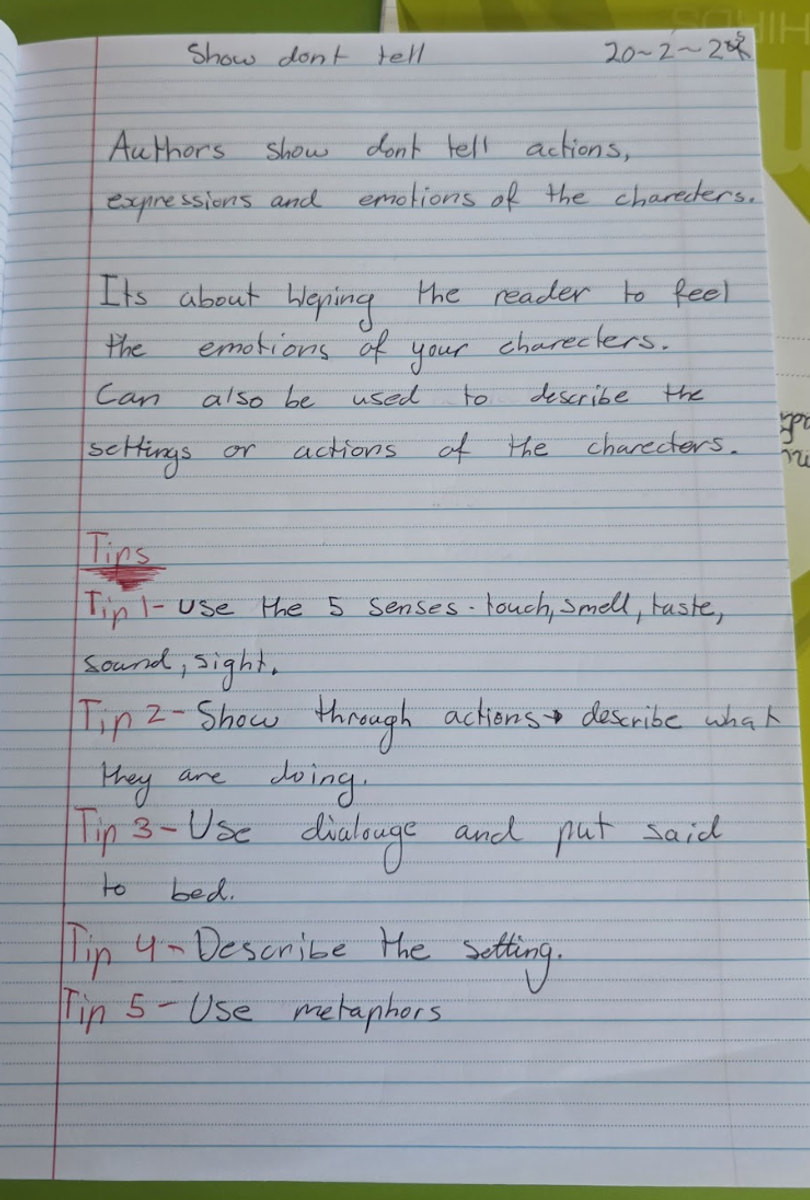
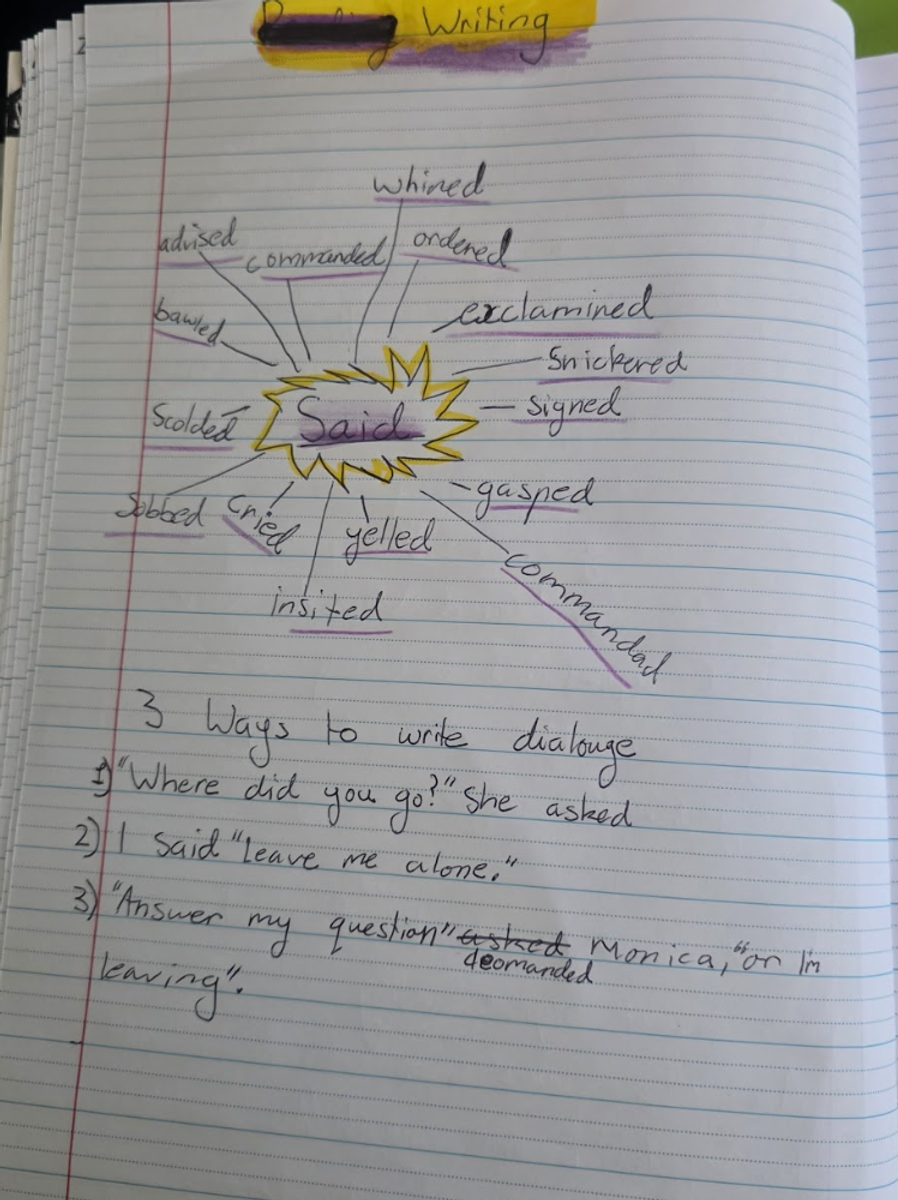







To start off the new year and Term students have been investigating place value using decimal points and collecting data. They have collected, identified and then made the graph while asking deeper questions on what the data says and what changes could occur from simply tweaking a question asked.
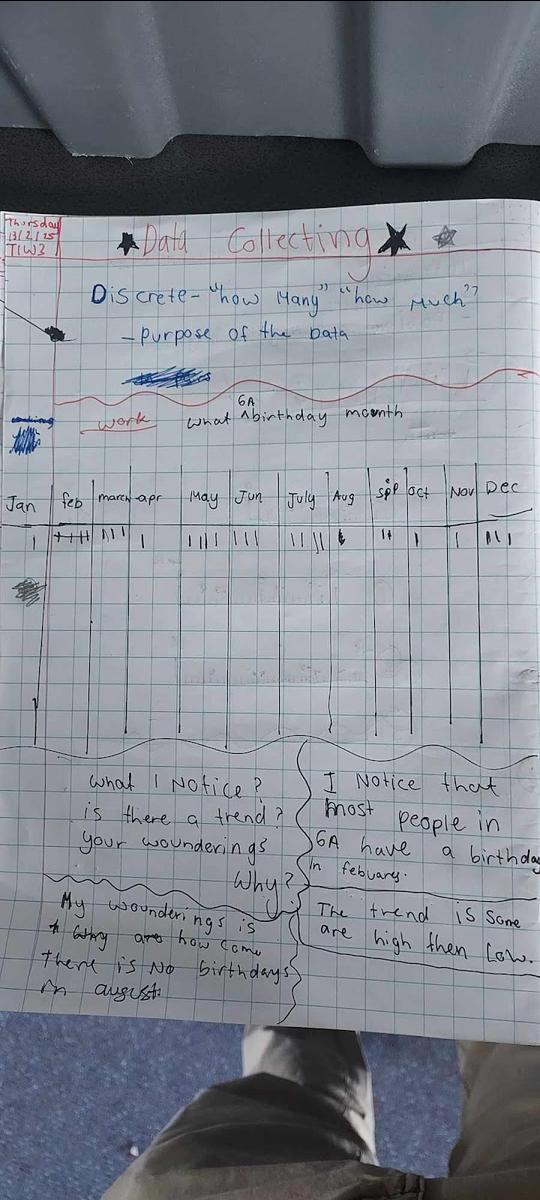

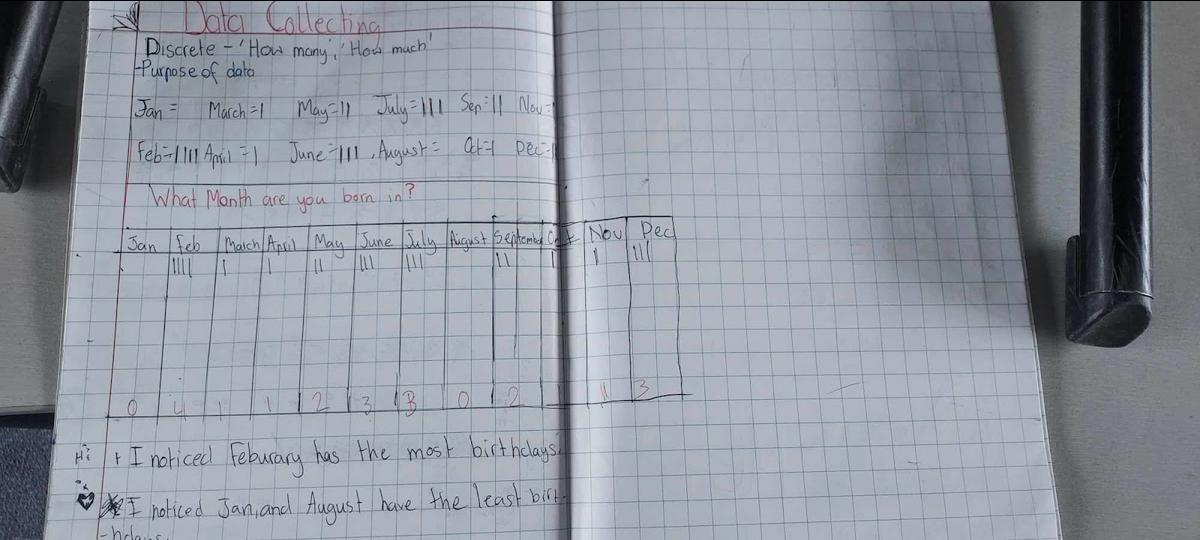

The inquiry unit this term focuses on learning about important events, people, and places in Australia’s past.
Students will explore topics such as:
The unit encourages students to ask questions, explore different perspectives, and understand the past to better understand Australia today. It’s all about discovering how history shapes the world we live in!
Social Emotional Learning (SEL) has commenced for Grade 6 students, focusing on building essential skills for emotional well-being and positive social interactions. As part of this initiative, the Resilience Project has been introduced, delivering engaging, emotionally impactful programs through evidence-based mental health strategies designed to help students develop resilience, manage emotions, and foster happiness, equipping them with the tools to thrive in both personal and academic challenges.